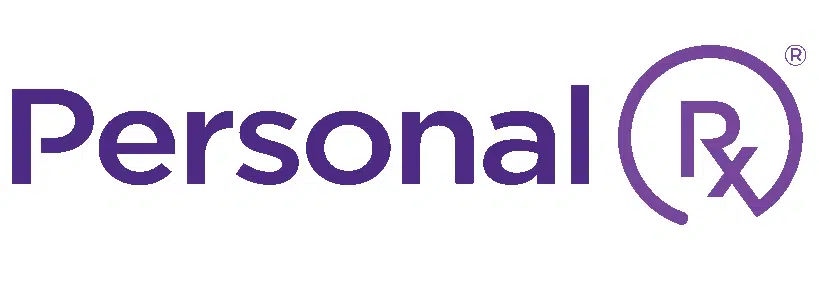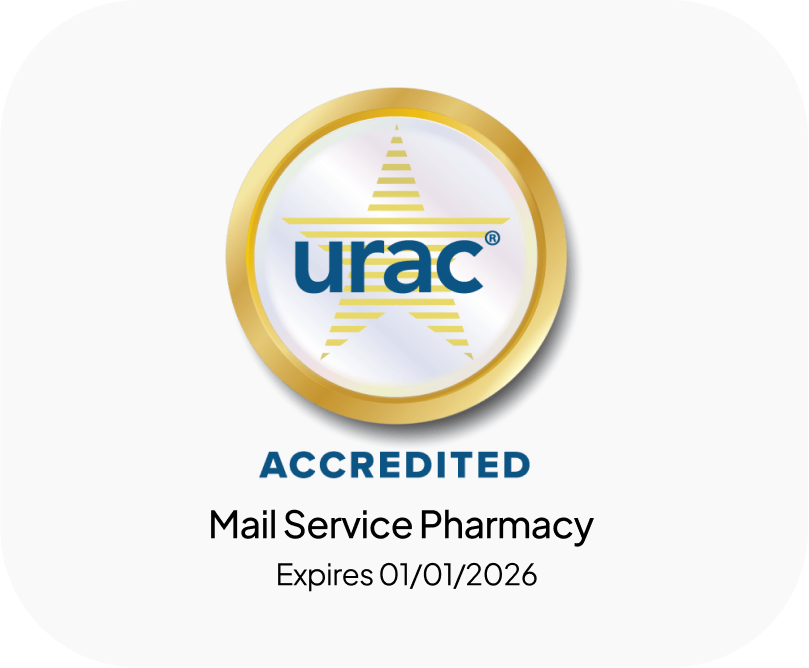If you’ve got an aging parent or loved one, it’s sometimes difficult to know if and when they might need some extra help in their daily life. Children of parents who are getting on in years may not always know the signs and symptoms to look for, or the kind and level of support they may need.
When children visit parents regularly, they can assist with daily chores and routines, help with shopping and bill paying, monitor health and keep an eye on medications. But when the family gets together only a few times a year, it can be obvious that’s something’s just not right about an aging loved one. But how do you know when it’s time to step in and help?
When you gather for the holidays, observe your parent or loved one. Does he or she have unexplained cuts or bruises? Engage in conversation and gauge his or her ability to keep up and respond appropriately to questions and with meaningful comments. Take note of any physical changes that might include unsteadiness while standing or walking, significant weight loss or personal hygiene issues.
To help family members with these sensitive conversations, PersonalRX has published our PRX Check as a way to capture concerns and develop a plan of action:
- Asks you to rate your level of concern for your loved one on 10 basic health questions
- Takes less than 2 minutes to complete
- Produces a results report with suggestions that are emailed to you in minutes
We expect this will prompt conversations with siblings or other family members leading to a game plan for supporting the specific needs of your loved one.
Here is a sample of 10 areas of concern that can indicate your parent or loved one may need additional help to stay safe and healthy:
Forgetfulness. A little forgetfulness now and then is common and a normal part of aging. Is your relative increasingly forgetful, not remembering information easily or neglecting their financial responsibilities?
Vision. Visual changes are common in older adults. Do you notice a pronounced change in visual acuity or confusion, or is reading frustrating for your loved one?
Appearance. If your loved one is routinely skipping showers, seems disheveled or appears dirty, you may want to check out the root cause.
Dental. Mouth and jaw pain can make it difficult for aging individuals to eat and maintain a healthy weight. Changes in eating behavior can be linked to dementia as well. At the holiday dining table, is your loved one eating less food than usual?
Sleep quality. Drowsiness and persistent fatigue are signs that a loved one might be having trouble consistently getting a good night’s sleep. Do you notice that your relative seems unusually sleepy?
Decreased mobility. Mobility issues include some unsteadiness while walking, difficulty getting in and out of a chair or falls. Has there been a recent event that is causing pain?
Unexplained bruises or rashes. Unexplained bruises and blood spots under the skin can be caused by medicines, infection or an allergic reaction. Do you notice bruising or rashes on your loved one’s skin?
Social withdrawal. Loneliness and social isolation is linked to serious health issues, says the CDC. Ask your parent or loved one if he or she visits with friends or what he or she does for fun.
Physical. Physical changes in your aging parent or loved one are typically the easiest to spot. You can quickly detect tremors, shaking and balance issues that need to be addressed by a healthcare professional.
Hearing. Hearing loss is a common problem for older adults. Does your loved one need you to speak up, or is he or she missing or misunderstanding you when you speak?
This holiday season, when you are gathering with family members and seeing some for the first time in a while, take a few moments to carefully observe your elderly relative’s behavior. Use the PersonalRX Check to capture your observations about your loved one’s condition so that the family can discuss, agree, and follow up with sensible solutions and interventions.




